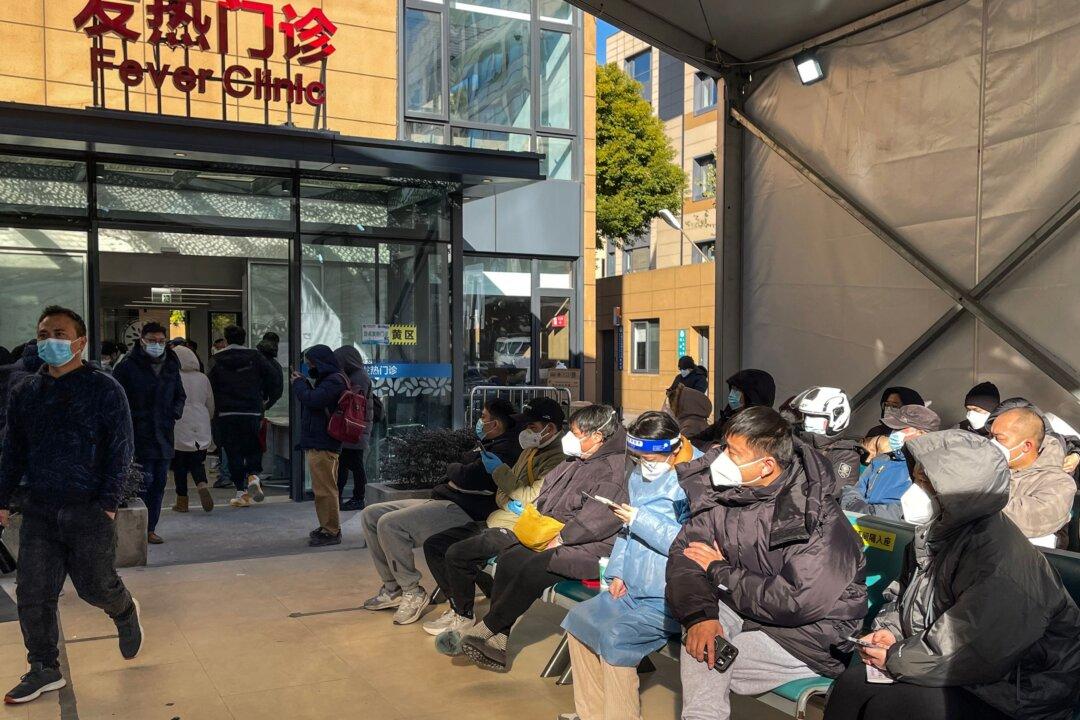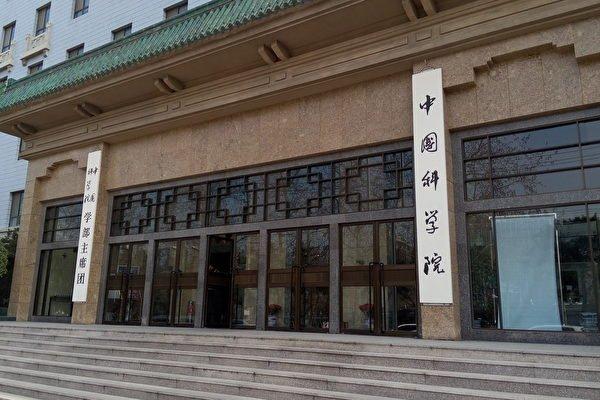From March 26 to April 17, the Chinese Communist Party’s (CCP) military newspaper published 20 obituaries. All were for CCP members, including three lieutenant generals, one academician, and eight “Corps Leader” rank generals. The release of these obituaries was seriously delayed, as 18 died during the three weeks between Dec. 28, 2022, and Jan. 18, 2023, when COVID was in full swing throughout China.
Li Zhao, an academician of the Chinese Academy of Engineering and a former senior engineer of the Institute of Engineering Equipment of the Ministry of General Armaments, died in Wuxi, Jiangsu Province, on Jan. 24 due to illness.





